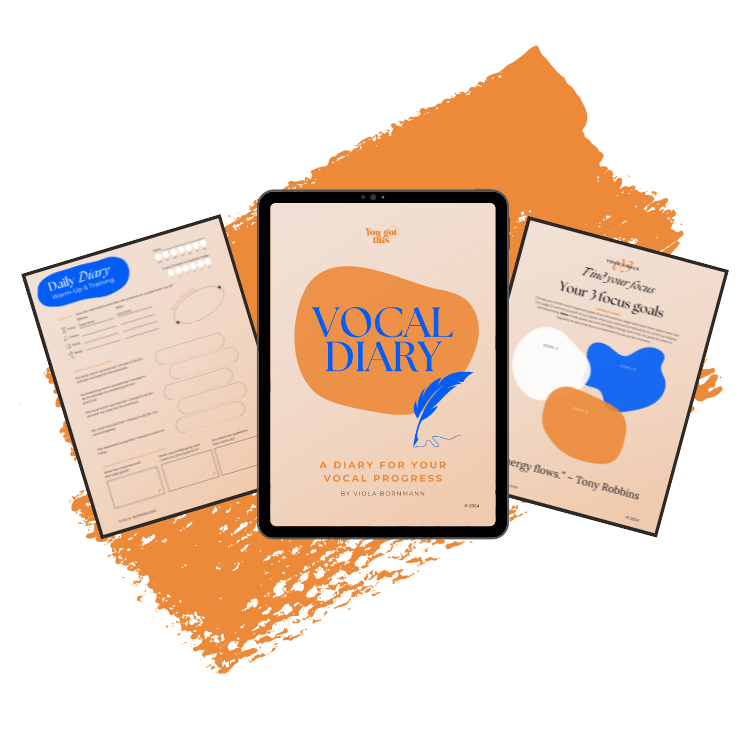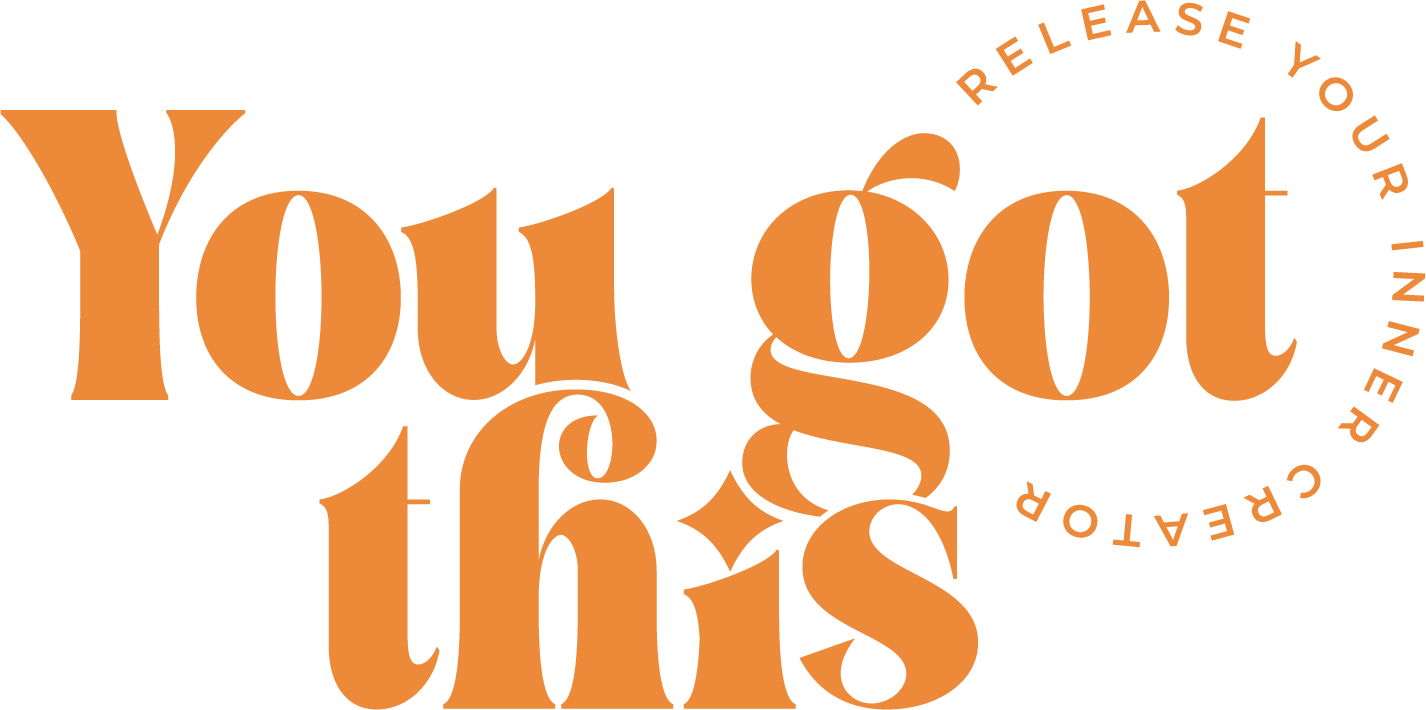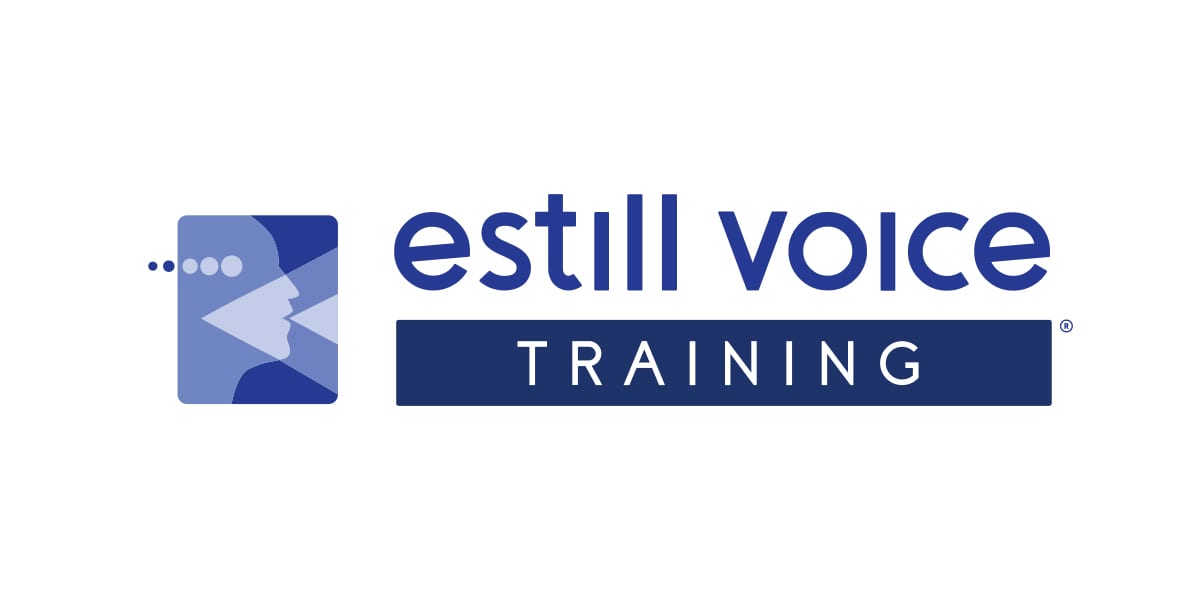BLOG
Reclaim your voice – both inside and outside.

#8 | When Stage Fright Feels Too Big – And Why You Don’t Always Have to Face It Head-On
You don’t always have to face stage fright head-on. When your nervous system is on high alert, it’s not working against you, it’s trying to protect you from being hurt again. Forcing yourself into the same situation can make the alarm louder. Sometimes, the most effective way forward is to rebuild safety in small steps – combining gentle vocal exercises, personal coaching, and nervous system regulation – until your body trusts the stage again.
Introduction
Stage fright can feel like climbing a mountain. If you’ve had a bad experience on stage that left you anxious or scared to perform again, it’s easy to think the only way forward is to “just get back out there” to prove you can do it. But sometimes, that’s not the kindest or most helpful thing you can do.
The goal isn’t just to survive the stage; it’s to help you sing and perform with more ease, confidence, and a voice that actually feels like yours.

In this blog post, I’m sharing why diving straight back on stage after a scary experience can actually sometimes make things worse. You’ll see how your body is just trying to protect you, why forcing yourself to “get over it” often backfires, and how taking gentle, step-by-step approaches can help you feel safe and in control again.
The goal? To help you feel relaxed, confident, and joyful on stage, singing and performing with ease, presence, and a sense of freedom.
Table of Contents
The singer who lost her voice and why it wasn’t a physical injury
How losing control creates anxiety
Why the body tenses to protect you
Choosing the gentler route
Step-by-step: finding safety in your voice again
Supporting the process with body and mind tools
Closing the gap between fear and stage
A happy ending and why patience matters
1. The singer who lost her voice and why it wasn’t a physical injury
The other day, I had a Coffee Call with a singer who experienced a terrible blackout during a concert.
After that, her voice felt blocked and tight. Sometimes, she had to put in so much effort that nothing came out at all.
Did she hurt her voice? No. What happened was something else entirely: she felt she had lost control and that created anxiety.
2. How losing control creates anxiety
The next time she went on stage, her body remembered that fear. Muscles contracted, her throat tightened, and her voice blocked again.
Our voice is deeply connected to emotions, it’s how we express ourselves, set boundaries, and connect with others. Losing control creates a spiral: the more tension builds, the harder it is to perform.
3. Why the body tenses to protect you
When your voice feels tense, hoarse, or “out of control,” it’s tempting to think your body is working against you. Most of the time, it’s the opposite: it’s protecting you.
Your sympathetic nervous system goes into survival mode:
Muscles tighten to guard you
The throat contracts to limit sound
Breath becomes short and shallow
You feel the urge to avoid the situation
From your body’s perspective, this is kindness, a way to prevent you from being hurt again.
The catch? This protection is based on outdated information. The stage isn’t a bear in the woods but your nervous system doesn’t know that yet.
4. Choosing the gentler route
With this client, we didn’t force her to “feel the fear” or jump straight back on stage. Her nervous system was too alert, and anything vocal would trigger more tension and fear.
Instead, we took a different approach — starting with logic and control before emotions. First, we explored the voice scientifically, understanding which muscles were working and how breath support functions.
This vocal coaching created a sense of safety and control. Only then did we move into the personal coaching side: addressing anxiety, practicing self-compassion, and gradually reconnecting with the feelings of performing.
By approaching it this way, the body could relax and the mind could follow, making each step toward the stage feel safer and more confident.
You don’t always have to go straight into the pain to heal.
5. Step-by-step: finding safety in your voice again
Step 1: The scientific way (Vocal Coaching)
We started far away from emotions and simply explored the voice:
Which muscles are working?
What does tension feel like, and how can it be released?
How can knowledge of the vocal physiology help rebuild control?
Using Estill Voice Training principles, we mapped the voice scientifically. Knowledge created control and control created safety.
Step 2: Gentle voice exercises
Next, we added physical, non-threatening exercises:
SOVTEs (Semi-Occluded Vocal Tract Exercises like lip trills, sirens, Lax Vox)
Manual release & massage of jaw, neck, and throat
Estill Voice Training Relaxation maneuvers to release unnecessary tension
The goal was to reconnect with her voice safely, without fear, so her body could experience freedom and predictability again.
Step 3: Emotional reconnection (Personal Coaching)
Once her voice felt reliable, we gently explored emotions:
RAIN Method (Recognize, Allow, Investigate, Nurture) to approach feelings with curiosity rather than fear
Imagined performance to create a positive, open feeling in her voice while visualizing being on stage, far from the actual stress of a concert
Gradual exposure to reintroduce performance scenarios step by step, always staying within safe limits
6. Supporting the process with body and mind tools
To reinforce safety and relaxation, she accompanied her vocal work with gentle tools:
Mindfulness-Based Stress Reduction (MBSR): presence and awareness
Progressive muscle relaxation: differentiating tension vs. release
Breathwork & meditation: soothing nervous system
Important: Using these ools should feel good, healthy, and safe. They are meant to guide you toward relaxation, not put pressure on you.
7. Closing the gap between fear and stage
Each step gently bridged the gap between fear and performance. By the time she returned to the stage, she had reconnected with her voice, felt safer in her body, and experienced far less anxiety and pressure.
8. A happy ending and why patience matters
How was her last concert?
Even though she could still feel the anxiety crawling in, her voice stayed present and stable, and she felt much more relaxed. Most importantly: her voice stayed with her, and nothing “went wrong.”
Step by step, experiences like this rebuild trust in your voice and your body. Patience and small steps make the stage feel safe again.
☕️ Let's have a coffee!
If this makes you curious, or if you’ve been feeling stuck in your breath or voice lately, I invite you to a free Coffee Call:
With this link, you can book a free 20-minute Discovery Call with me.
No pressure – just a talk over a coffee and some guidance. During this discovery call, we can discuss your goals and needs, and how I can support you best. I am excited to get to know you!
A great place to start:
If you want to explore your voice and how it moves in the world, my membership "Your Confident Voice" offers a space to experiment safely, practice at your own pace, and gradually uncover more freedom, presence, and joy in expressing yourself.
P.S.: To learn more about me, you can also sign up for my newsletter or connect with me on Instagram.

FREE DOWNLOAD
YOUR VOCAL DIARY
Are you struggling to maintain a consistent daily vocal practice routine?
The VOCAL DIARY is a guided Diary that I created to help establish a practice routine (that fits into your schedule). Get your Diary for one week for free.
Establish and nurture your practice and celebrate your progress. You got this!


